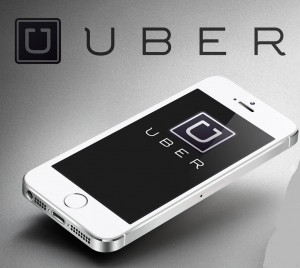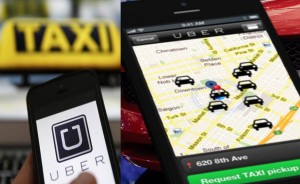
TfL won’t be renewing Uber’s licence


TfL said Uber was not “ fit and proper” to hold a London private hire operator license on the grounds of “public safety and security implications”.
Over 500, 000 names have since been added to Uber’s petition which says “If this decision stands, it will put more than 40, 000 licensed drivers out of work and deprive millions of Londoners of a convenient and affordable form of transport”. Uber, whose license is due to expire on 30th September 2017, says it will appeal against TfL’s decision. It has 21 days to appeal against TfL’s decision and can continue to operate while any appeals are ongoing.
In April 2017, London Black Cab drivers caused gridlock with a huge protest against Uber. The Licensed Taxi drivers claim that Uber’s drivers are using a smartphone app to calculate fares despite it being illegal for private vehicles to be fitted with taximeters.
TfL’s concerns include Uber’s method of carrying out background checks on drivers and reporting serious criminal offenses.
According to one petitioner from London, he added his signature because “ Uber provides a much-needed alternative to black cabs and minicabs, as it is more efficient, safer and economical than the alternatives. Sometimes you have to wait a long time to get a cab.” The speed with which the petition is growing show how powerful online campaigning can be and voices of citizens could become part of the debate between governments and corporations.
According to Lynn in London “40, 000 drivers in London can’t be that bad. This decision by TfL is to please black cab rip-off merchants.”
The ban on Uber in London shocked Dara Khosrowshahi, Cheif executive of the ride-hailing company who is seeking to ask for forgiveness, as his apology is aimed at avoiding the loss of Uber’s licence, following the policies adopted by local executives. Although, the government should get out of the way of technology that frees citizens when the regulator tells you something you listen.
Both Uber and Airbnb have become platforms for trading assets such as a ride in a car or a night in an apartment, the virtual realm demesne of cyberspace has become connected to the physical world of regulation, as the fine words about digital liberation is a just a means to evade the law. Cyberspace moguls like Facebook, Alphabet, Amazon and even Uber are global powerful companies with deep pockets and high stock market valuations. But in the real world, even the cyberspace moguls must bow to regulators and public opinion as there is a high cost for the bad reputation.
